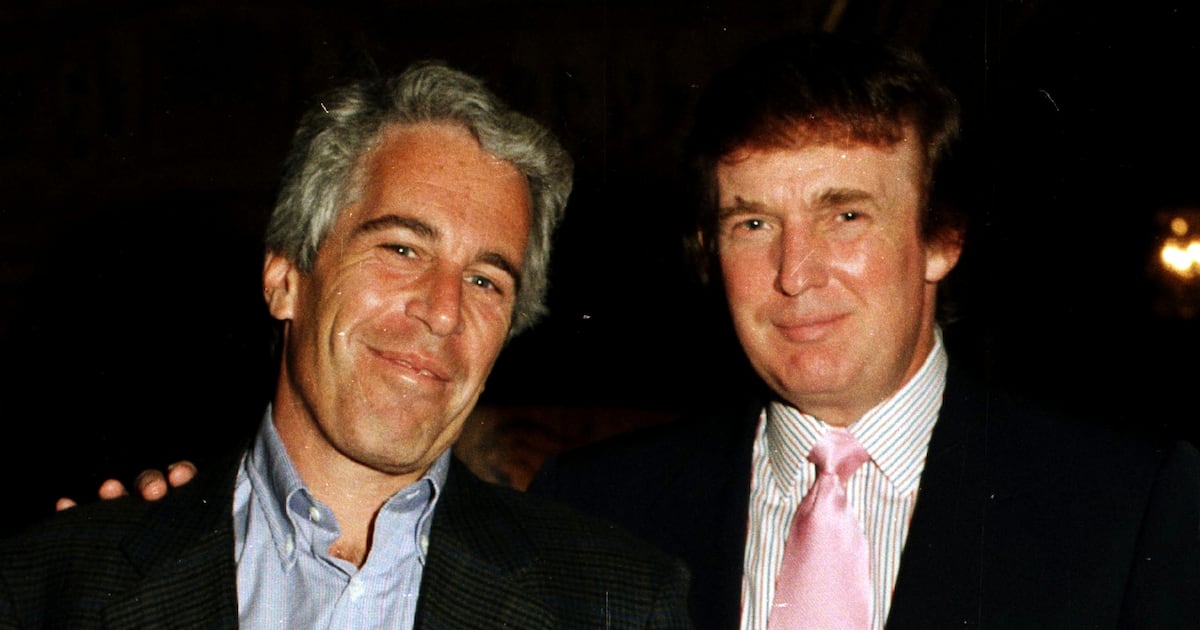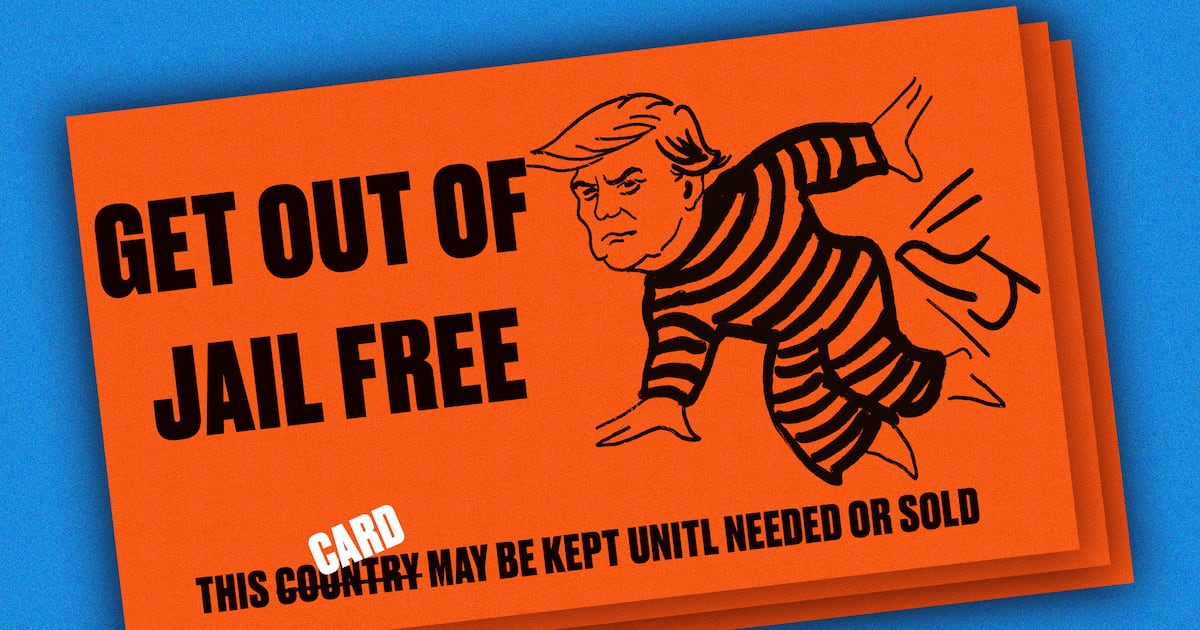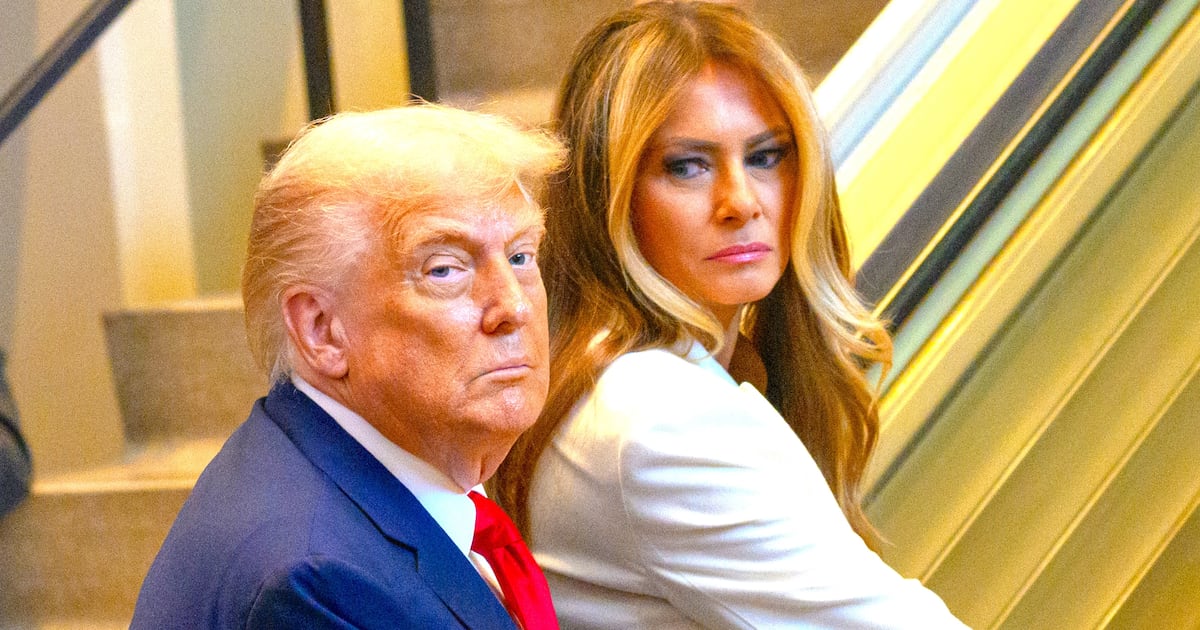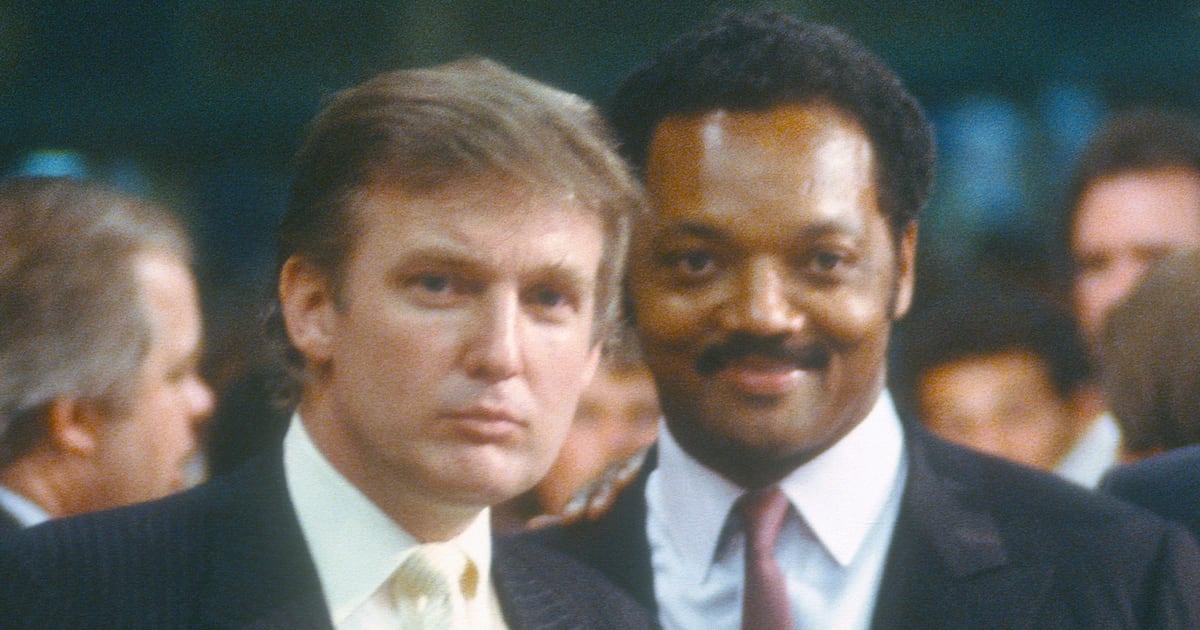Tyler Perry represents the essence of the unanswerable chicken-and-egg question: can something be good because it’s popular or does its popularity demand that it be good in the first place?

In a matter of just a few years, Perry has written, directed, and acted his way to stratospheric success on par with the most major of major Hollywood stars. His films regularly kill at the box office, so much so that in 2011—a year in which he released two films, a play, and multiple television projects—Forbes named him the highest-paid man in entertainment, having earned $130 million in a 12-month span. And it didn’t end then. This weekend’s A Madea Christmas is projected to bring in $25 million the first weekend and gross $68 million by the end of its run. But for all his box office triumphs, Perry is a critical pariah. Art-wise, the critiques of Perry are plain and practically indisputable: his visual choices are boring at best, characters are comically flat, plots are so predictable they border on insulting, and even the most commendable performances are drowned by limp screenwriting. To have seen one Madea film is to have seen them all. What’s uglier, however, is his standard, go-to combo of minstrelsy and moralism. As has been widely noted, the exploitation of historically exaggerated black caricatures is a fundamental feature of Perry’s work: Mabel “Madea” Simmons, the temperamental, bumbling matriarch at the helm of a large Atlanta family whose members misbehave full-time in more than 15 of Perry’s plays and films, embodies the minstrel show-like use of negative stereotype associated with black people for the purpose of entertaining; she is buffoonish, lazy, and greedy, to ostensibly comical effect. His treatment of the black men and women who belong to Madea’s narrow world further perpetuates the worst of cartoonish tropes about African-Americans: men are inherently predatory, abusive, and good-for-nothing; women are immoral, manipulative, and bound to miserable fates.
Plus, the melodrama belies the heavy moralizing that guides each Madea film. Perry's religious fervor is known and characters’ piety is used as a simplistic marker through which to evaluate their essential good-ness. Redemption is only possible through the church and is reserved largely for the working class, who consistently save the day in the face of victimization from the rich. Take, for instance, Diary of a Mad Black Woman, in which a woman who marries into wealth is saved from the fallout of her breakup with a rich, abusive husband by returning to her blue-collar roots and accepting the love of a simple, decent, churchgoing bus driver.
Much of the Madea franchise is an implacable indictment of the wealthy and the non-religious, two qualities presented as inextricably linked to one another. The protagonist of Madea Goes To Jail, a young prosecutor who has worked hard to escape humble beginnings, discovers that his cruel, bourgeois wife-to-be has put a handful of innocent women in prison; the prostitute he ends up saving, with whom he shares a working class background, turns out to be the righteous partner he deserves. Perry’s reliance on these sorts of basic plot devices to relay broad-stroked implications about race, class, and gender are what define his work.
He is the ultimate auteur, unable to remove himself far enough to allow external threads to color his work. He and his convictions, not black culture or black anything, frame his stories. Moreover, Madea is played by Perry himself in drag, recalling a trope about black male actors inevitably having to wear dresses to mitigate the threat they represent.“As African-Americans, we’re not one monolithic group, so there is room for all of that. But at the same time, for me, the imaging is troubling and it harkens back to Amos n’ Andy,” said Spike Lee of Perry in a 2009 interview. “Each artist should be allowed to pursue their artistic endeavors, but I still think there is a lot of stuff out today that is coonery and buffoonery. I know it’s making a lot of money and breaking records, but we can do better.”
While Perry’s work is frustrating, the real culprit, as Lee suggests, is a societal condition that accepts a singular perspective as representative of the so-called, but nonexistent, black monolith.
Some of Perry’s harshest critics defer to respectability politics, a framework within which it is (falsely) believed that behaving “respectably” will earn black people white respect and therefore bring racism tumbling down. Perry does the opposite, creating worlds in which white people are disposable, interchangeable, and not the assumed focal point. In the Madea films, race is a factor because it is central to the characters’ identities, not the audience’s.
“[A] black writer is someone who can simplify what is endemic to him or her as a human being—race—and blow it up to cartoon proportions, thereby making the coon situation ‘clear’ to a white audience," writes Hilton Als of being a black writer in a white publishing world, a sentiment that applies to the way stories about black people are told in Hollywood, much of which was recently detailed by Shani Hilton.
That Perry’s work is considered to be a defining voice of black culture and black life is more dangerous than the existence of his work alone. By virtue of their success, Perry’s films discount possibility that other black narratives are plausible. But squarely placing the blame on Perry is unfair and counterproductive; the answer lies not in silencing one black voice but in empowering more of them.






